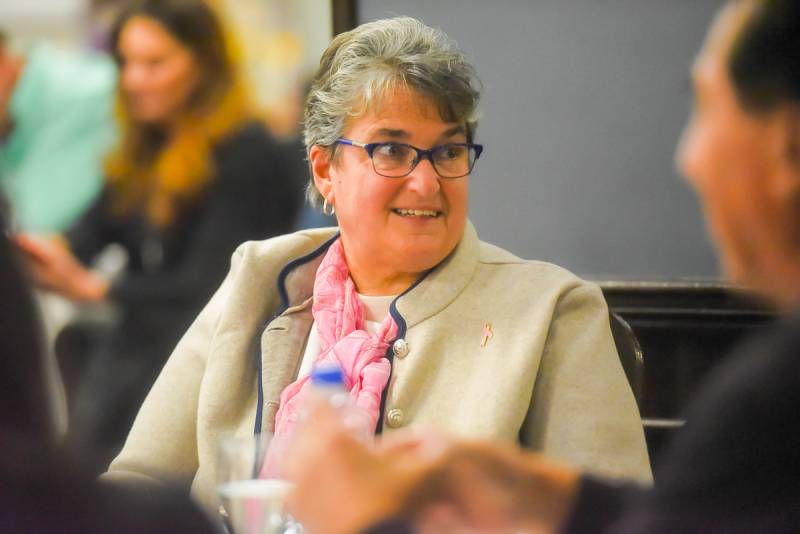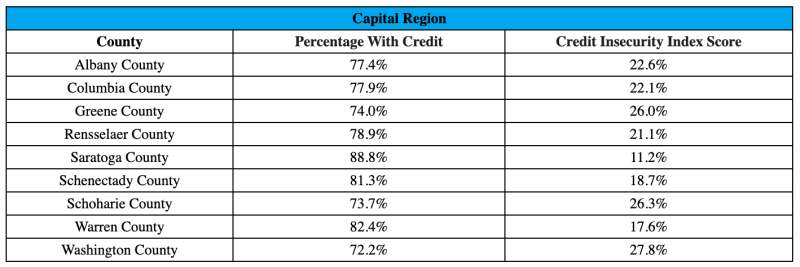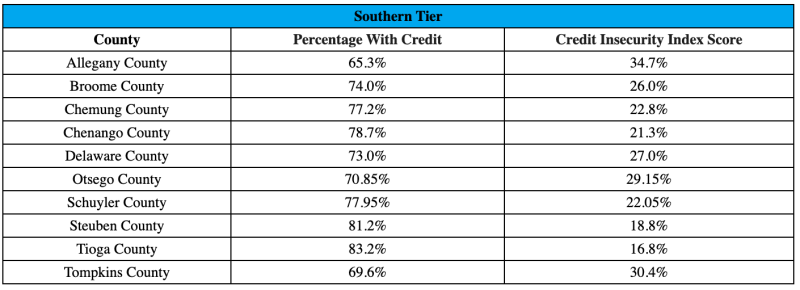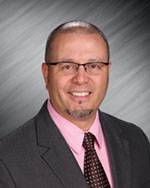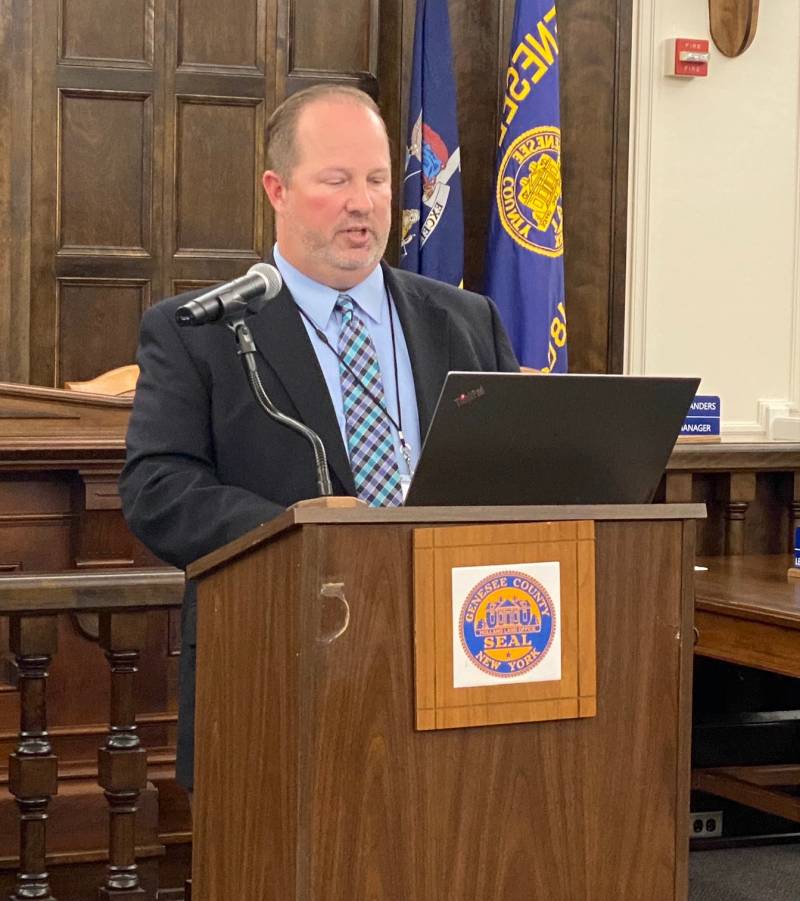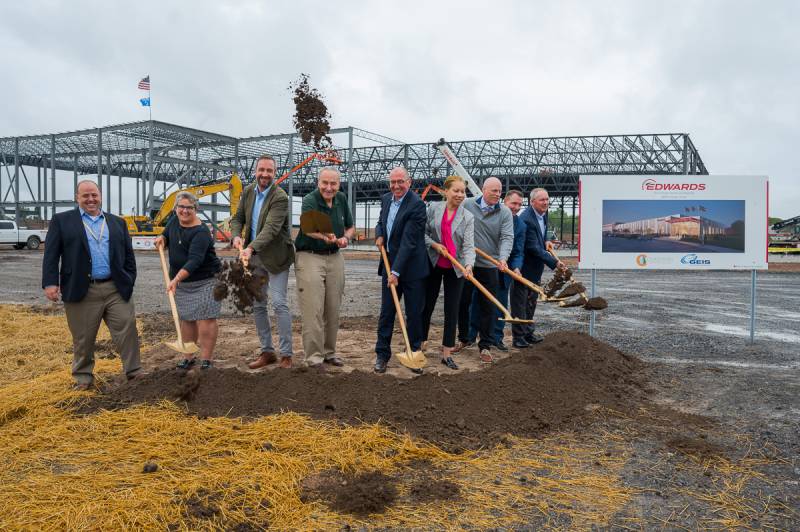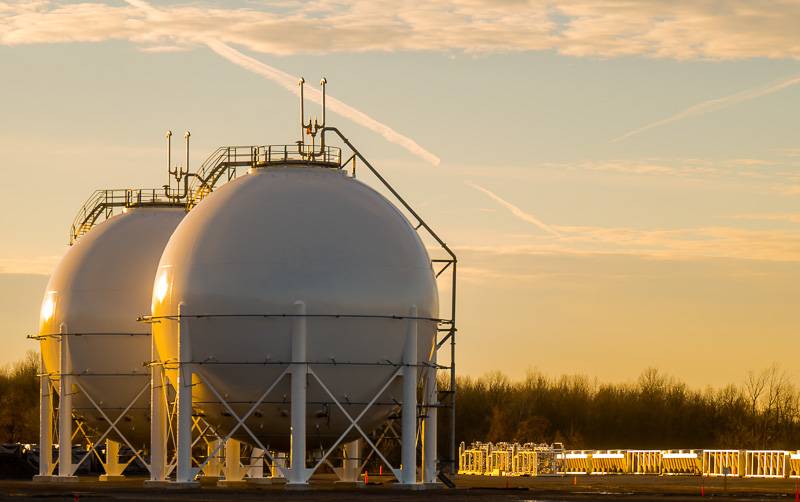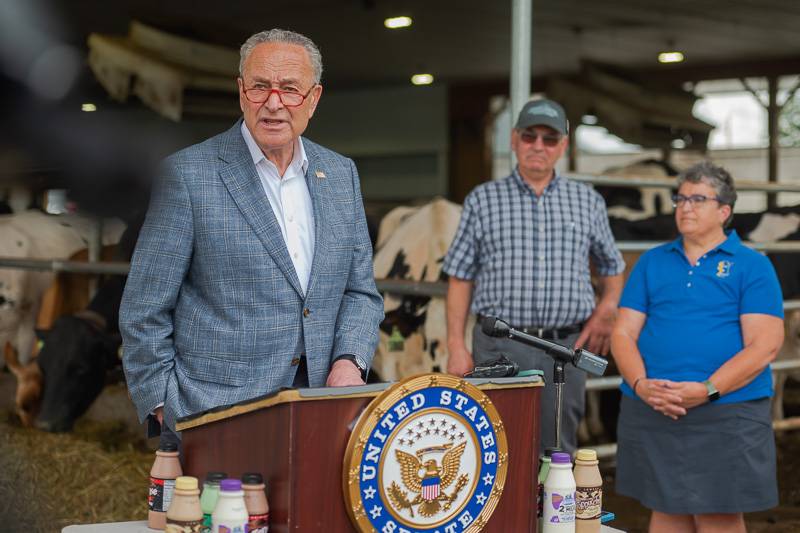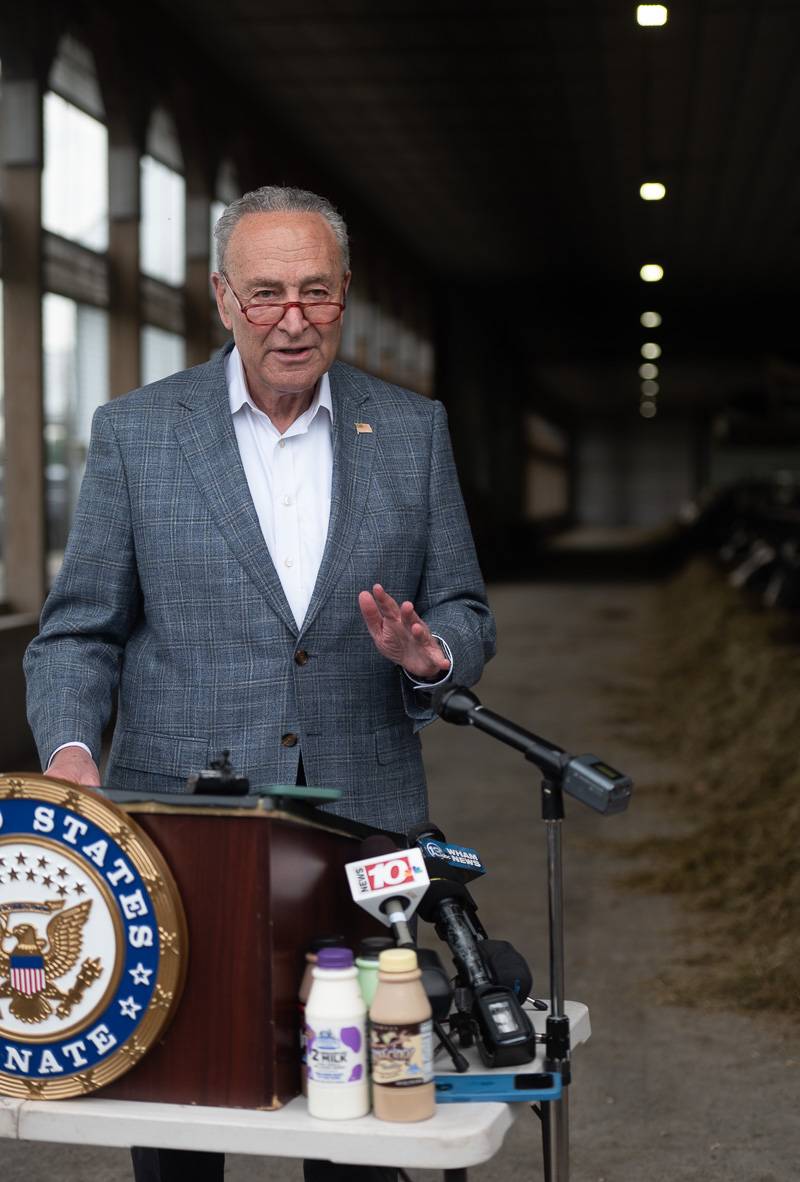Governor Kathy Hochul and U.S. Senate Majority Leader Charles Schumer today announced the start of construction on the first phase of the $319 million Edwards Vacuum dry pump manufacturing facility, located in the Genesee County town of Alabama.
The British-based global leader in vacuum and abatement equipment for the semiconductor industry, part of the Atlas Copco Group, chose the Western New York Science & Technology Advanced Manufacturing Park in Genesee County as the location for its new U.S. dry pump manufacturing facility.
The technology produced at the new facility is a vital component to controlling the highly sensitive environment of semiconductor manufacturing processes. Edwards Vacuum's decision to invest in New York State followed the passage of the federal CHIPS and Science Act, New York’s Green CHIPS legislation, and the domestic semiconductor industry growth the complementary programs have spurred, including Micron's unprecedented $100 billion commitment to Central New York, which is expected to create nearly 50,000 jobs.
“As a Western New York native, I experienced the years of decline from the exodus of manufacturing from Upstate New York,” Governor Hochul said. “Those days are over. The start of construction on the newest Edwards Vacuum facility signals the beginning of a new chapter for both Western New York and the Finger Lakes regions. Edwards’ choice to build in New York State brings hundreds of good paying jobs and millions of dollars in investment Upstate while helping strengthen our domestic semiconductor supply chain, shorten delivery times for suppliers like Micron, reduce carbon emissions, and bolster national security.”
Senate Majority Leader Chuck Schumer said, “Today is a great day for the Western New York and Finger Lakes region, with Edwards Vacuum breaking ground on its $300+ million manufacturing plant, which will create an estimated 600 good-paying jobs and boost New York’s already booming semiconductor supply chain. Thanks to my CHIPS & Science Act, which continues to deliver investment after investment for Upstate NY, we are adding another stop to our semiconductor superhighway along the booming I-90 corridor Tech Hub with Edwards Vacuum’s groundbreaking today. I pushed Edwards Vacuum to come to New York because I knew we had the resources, infrastructure, and most importantly, the world-class workforce, to host this major company right here in Genesee County. Edwards is a leading developer of some of the most cutting-edge dry pumps needed to bring the massive cleanrooms of chip manufacturing fabs to life, and with their investment, we are helping bring one of the most critical elements of the semiconductor supply chain to Upstate NY. This is yet another example of my CHIPS & Science Law bringing manufacturing back to America, especially Upstate NY, and is only the beginning of the next chapter in Upstate NY’s manufacturing renaissance.”
Construction on the $127 million first phase of Edwards Vacuum's 240,000 square-foot campus will include manufacturing, warehouse, and administration facilities, with a capacity to produce 10,000 dry pumps per year. The all-electric facility will strive for LEED certification, with a majority of the power generated via hydroelectricity.
Edwards’ commitment to build in the U.S. comes after significant investments by the Biden Administration to increase domestic chip manufacturing, and the passage of the federal CHIPS and Science Act and New York’s Green CHIPS legislation, as well as a growing need to support its customers in North America. Edwards dry pumps are currently manufactured in Asia. By bringing manufacturing to New York, Edwards customers – including Micron and GlobalFoundries in New York, and Intel in Ohio – will experience shorter wait times, improved responsiveness and reduced CO2 emissions from an American-made product. Edwards estimates that when phase one is operational, it will reduce CO2 emissions by 13,000 tons per year.
Empire State Development has awarded Edwards Vacuum up to $21 million through a combination of performance-based Excelsior Jobs Tax Credits and Investment Tax Credits in exchange for 600 jobs, and an additional $1 million to support workforce development efforts and the training of a diverse and inclusive workforce. Additionally, the New York Power Authority is supporting the project though a 4.9-megawatt (MW) low-cost Niagara hydropower allocation and a 2.1 MW of High Load Factor power allocation that NYPA will procure for Edwards on the energy market. Low-cost Niagara hydropower is available for companies within a 30-mile radius of the Power Authority's Niagara Power Project or businesses in Chautauqua County.
Empire State Development President, CEO and Commissioner Hope Knight said, “The start of construction for Edwards Vacuum’s new facility signals that hundreds of good jobs and millions of dollars in investments are headed to Upstate New York. We are well on our way to becoming a global hub for advanced manufacturing and building a strong semiconductor ecosystem in New York State.”
New York Power Authority President and CEO Justin E. Driscoll said, “By leveraging low-cost hydropower, NYPA plays a pivotal role in attracting manufacturers of advanced technologies to New York. Edwards will be a key supply chain partner in New York’s globally recognized semiconductor industry, and the firm’s expansion will stimulate the region’s economy—creating hundreds of jobs and spurring hundreds of millions in capital investments.”
Semiconductors, and their supply chain partners, are vital to the nation's economic strength, serving as the brains of modern electronics, and enabling technologies critical to U.S. economic growth, national security, and global competitiveness. The industry directly employs over 277,000 people in the U.S. and supports more than 1.8 million additional domestic jobs. Semiconductors are a top five U.S. export, and the industry is the number one contributor to labor productivity, supporting improvements to the effectiveness and efficiency of virtually every economic sector — from farming to manufacturing.
Governor Hochul has taken significant action to ensure that New York plays a vital role in the reshoring of the semiconductor industry including New York's nation-leading Green CHIPS program that is attracting top semiconductor manufacturing businesses to the state and securing commitments to good-paying jobs, sustainability, and community benefits. Additionally, Governor Hochul created the $200 FAST NY program in 2022 to support the preparation and development of sites across the state. This program was designed to jumpstart New York's shovel-readiness and increase its attractiveness to large employers, such as semiconductors and clean tech and high-tech manufacturing companies. Since the program’s inception, ESD has awarded $175 million to 20 sites across every upstate region, including the Science & Technology Advanced Manufacturing Park (STAMP), to develop more than 2,500 acres. Governor Hochul also created the Governor’s Office of Semiconductor Expansion, Management, and Integration (GO-SEMI), which leads statewide efforts to develop the chipmaking sector.
In the FY 2025 Enacted Budget, Governor Hochul doubled down on her commitment to establish New York as a global hub for semiconductor research and manufacturing, including:
$100 million in funding for additional rounds of the FAST NY program.
$500 million for NY CREATES’ Albany Nanotech Complex – with a total State investment of $1 billion – to jumpstart a $10 billion partnership that will bring the future of advanced semiconductor research to New York’s Capital Region by creating the nation’s first and only publicly owned High NA EUV Lithography Center.
$200 million to establish One Network for Regional Advanced Manufacturing Partnerships (ON-RAMP) – a network of four new workforce development centers to prepare New Yorkers for the jobs of the future created by companies like Micron and Edwards Vacuum.
The bipartisan CHIPS and Science Act creates an Investment Tax Credit for semiconductor manufacturing facilities and supply chain partners such as Edwards Vacuum as well as a first-of-its-kind $52 billion in federal incentives, which Edwards is pursuing, to spur American semiconductor research, development, manufacturing, and workforce training to bring good-paying jobs back from overseas, strengthen national security, and reestablish America's technological leadership. The bill requires recipients of these incentives to make significant worker and community investments that support broad-based economic growth.
Accelerating Finger Lakes Forward
Today’s announcement complements “Finger Lakes Forward,” the region’s comprehensive strategy to generate robust economic growth and community development. The regionally designed plan focuses on investing in key industries including photonics, agriculture and food production, and advanced manufacturing. More information is available here.
Senator Kirsten Gillibrand said, “I am thrilled to see the start of construction on the Edwards Vacuum facility in Genesee County, which will create hundreds of good-paying jobs and grow the economies of both Western New York and the Finger Lakes. The construction of the Edwards Vacuum facility is just the beginning as New York continues to grow as a global leader in semiconductor manufacturing. I’m proud to have fought to pass the CHIPS and Science Act that helped lay the groundwork for companies like Edwards Vacuum to expand in New York, and I look forward to seeing the growth this facility brings to the region for years to come.”
Representative Joe Morelle said, “This exciting announcement is further proof of our region’s leadership in the global semiconductor industry. Not only will construction of Edwards Vacuum strengthen our supply chain and create good-paying job opportunities, it will also grow our economy and enhance our competitiveness on the world stage. I’m proud to have helped facilitate investments like this by passing the CHIPS and Science Act, and I look forward to continuing our work to cement our position as a center of innovation.”
State Senator George M. Borrello said, “This groundbreaking of Edward’s Vacuum and the investment, jobs and economic growth that will follow it will usher in a new chapter for Genesee County and strengthen its growing status as a hub for tech manufacturing. The path to this landmark moment was fueled by a grand vision for the STAMP site and years of planning, funding and hard work. Driving it forward all along was the conviction that this region and its world class workforce had the ingredients for success. The collaboration of dedicated local, state and federal partners brought us to this historic achievement and reflect our shared commitment to upstate’s resurgence. The future is limitless.”
Assemblymember Steven Hawley said, “I’m proud to see the announcement today that Edward’s Vacuum is starting construction at the STAMP mega-site. The 139th Assembly District has always been a hub of innovation and it's only fitting that it will be at the center of New York’s emerging semiconductor industry. This project is another step in the right direction toward growing the local economy, creating good-paying jobs and making New York a leader in this sector.”
Genesee County Legislature Chair Shelley Stein said, “Today’s announcement is reaffirmation of the positive attributes of Genesee County in bringing a company with the stature of Edwards Vacuum to the STAMP mega-site. Our community can be proud to be part of the growing semiconductor industry not only in New York State but across the nation and world. Genesee County’s location, people, and infrastructure make STAMP the ideal place for future industry growth here. We look forward to Edwards Vacuum’s continued success.”
Town of Alabama Supervisor Rob Crossen said, “We congratulate Edwards Vacuum on the start of construction at the STAMP mega-site. This latest milestone in the development of STAMP continues the realization of our shared vision for investments that improve the economy, attract good paying jobs, and enhance our community.”
GCEDC President and CEO Steve Hyde said, “As we work to grow our economy and deliver family-sustaining careers at the STAMP mega-site, having partners like Edwards Vacuum, Senator Schumer, and Governor Hochul is gratifying. The start of construction for this critical semiconductor industry project demonstrates the impact that STAMP provides in our shared state and federal vision to grow semiconductor and related advanced manufacturing sectors.”
Greater Rochester Enterprise President and CEO Matt Hurlbutt said, “Top-tier talent, world-class R&D resources, access to low-cost hydropower, and the premier infrastructure available at the STAMP mega site are some of the assets that made the Greater Rochester, NY region the right place for Edwards' expansion. We celebrate Edwards' groundbreaking at STAMP and the significant partnership Greater Rochester Enterprise (GRE) has formed with Edwards leaders and our regional economic development partners to reach this milestone in the company's expansion plans. GRE will continue to support Edwards by facilitating connections between the company's leaders and key stakeholders from business, community, and academia. This collaborative effort is aimed at ensuring a successful launch and further enhancing the ties between Edwards, the community, and the region's thriving advanced manufacturing and semiconductor sectors. We look forward to the positive impact this expansion will have on the Greater Rochester, NY region.”
Phase One Renderings Available Here.
